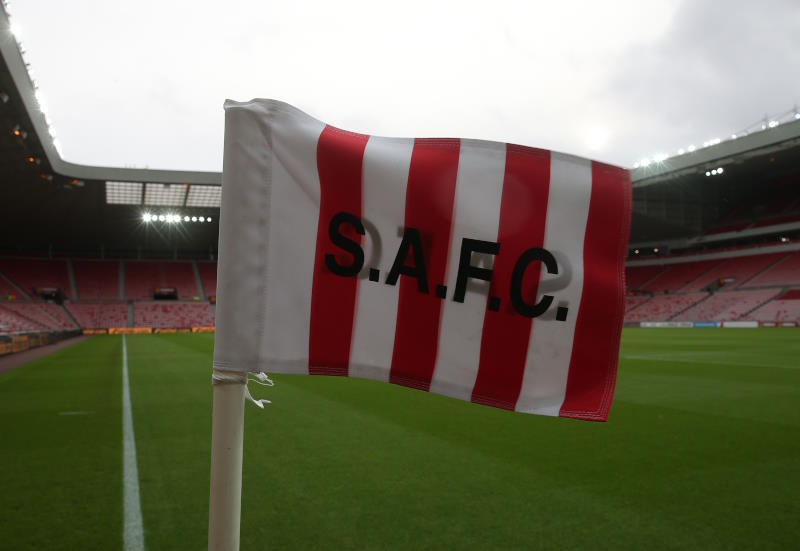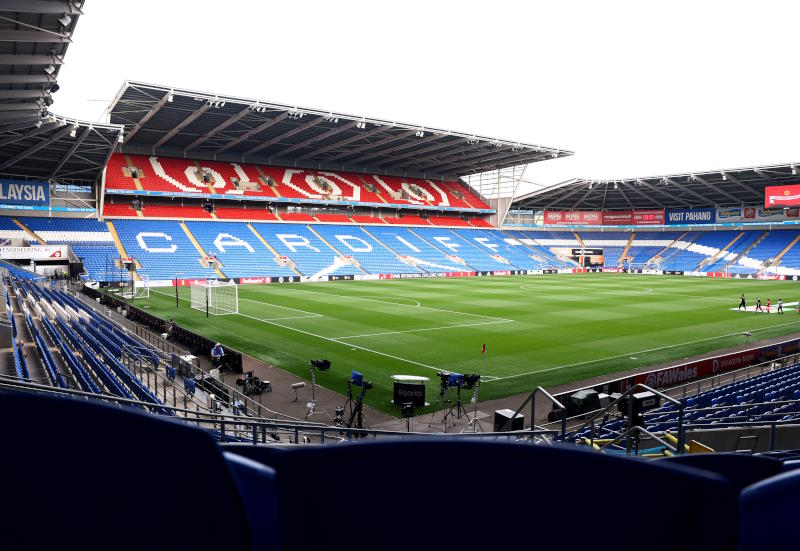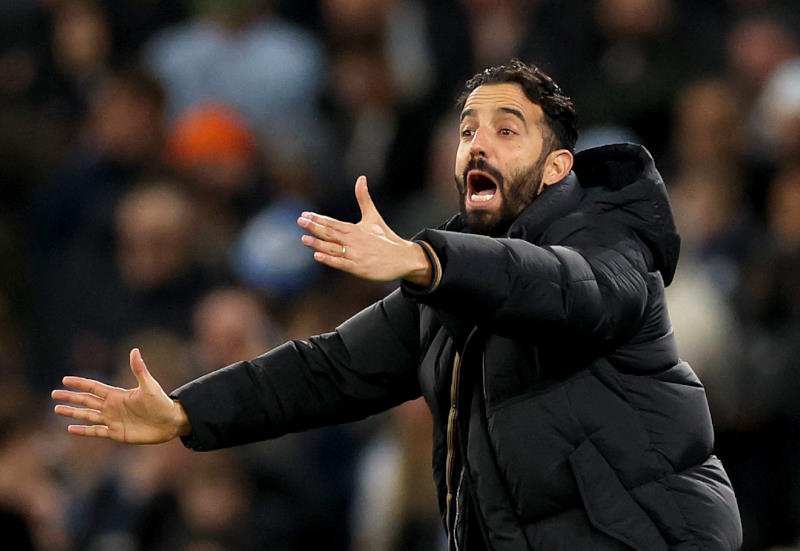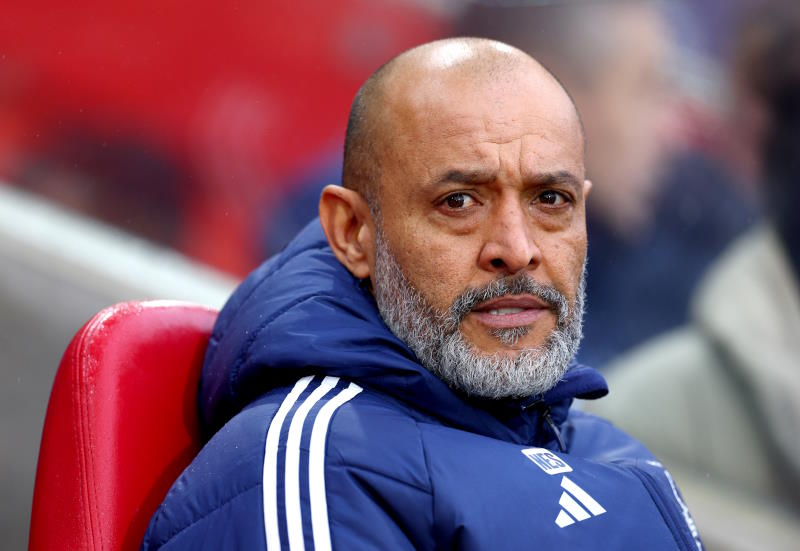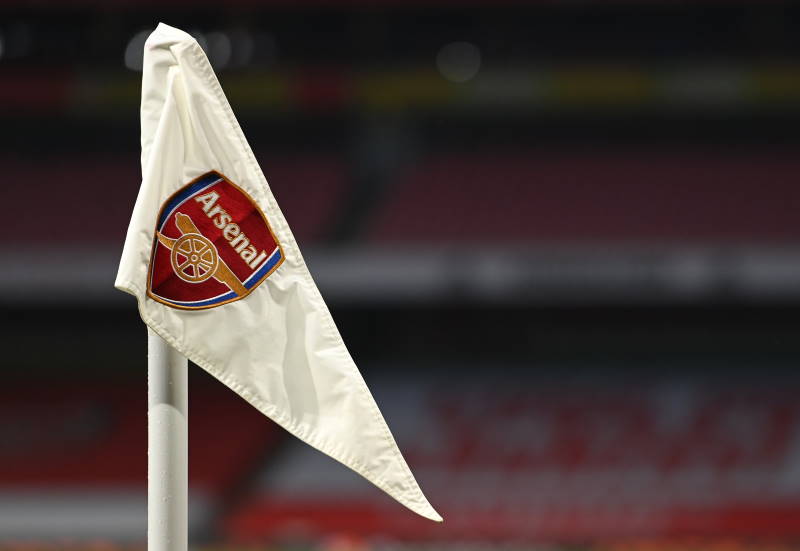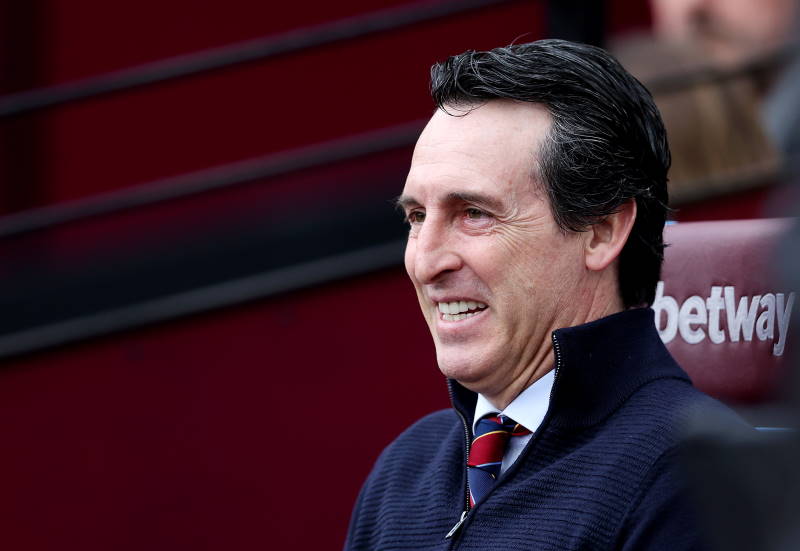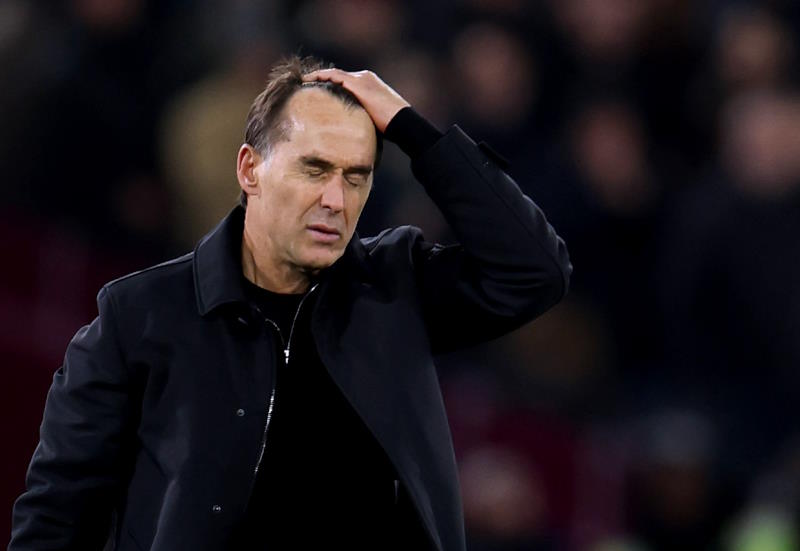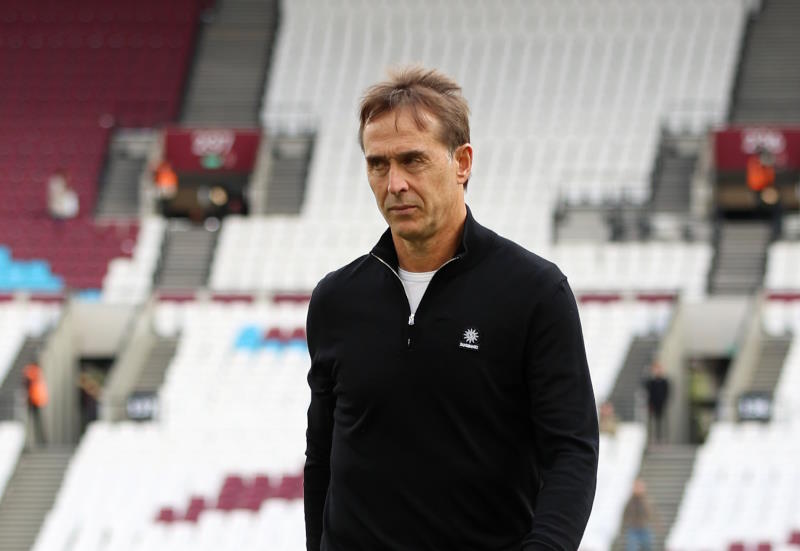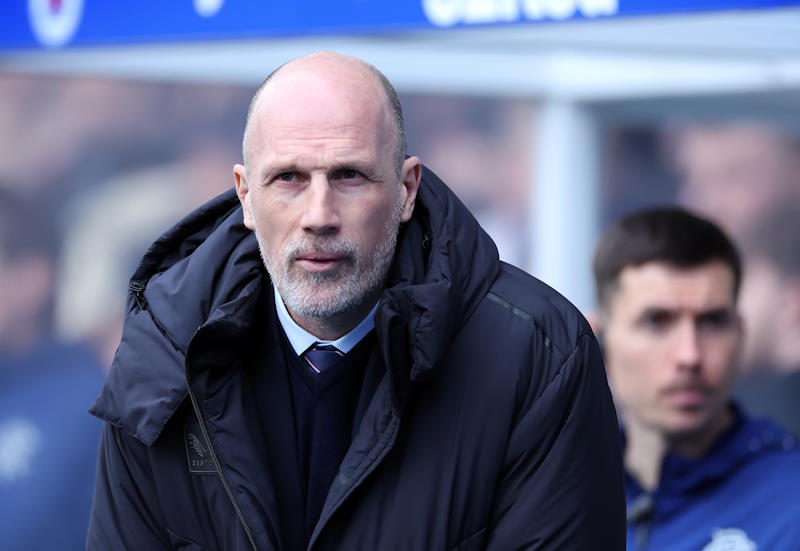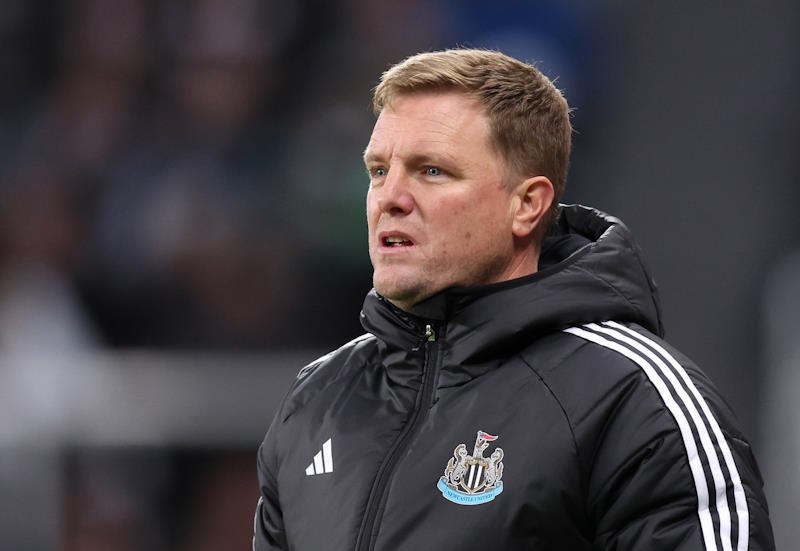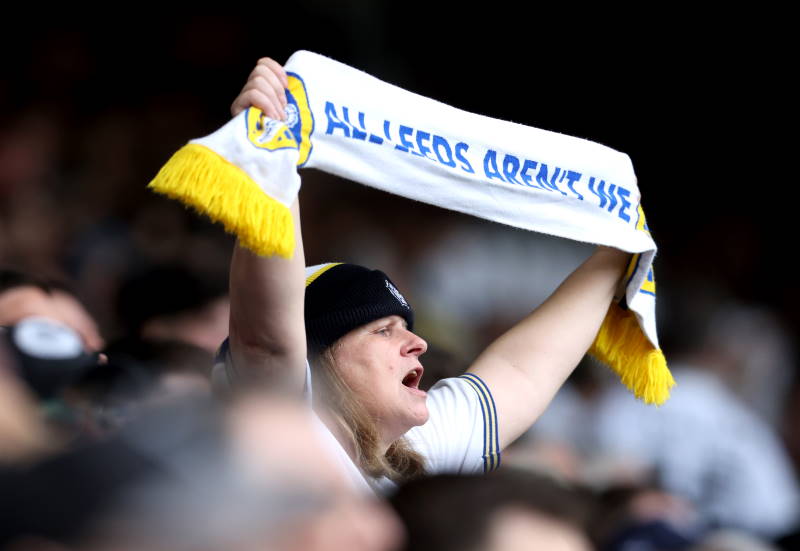
In late 2007, former Ajax board member Uri Coronel was appointed to head a committee to investigate how the Dutch giants had been run over the last 10 years. In February 2008, the Coronel Commission delivered its report, and it was not pretty reading. One sentence summed up its findings: Things had to change.
“Ajax is a football club, not a business”, said Coronel as he spoke at the press conference held to announce his conclusions. Many mistakes had been made as coach after coach exited the Amsterdam ArenA, all failing to show what the Dutch giants needed. Expensive imports too were highlighted by Coronel: Wesley Sonck, Angelos Charisteas and Alberto Luque, amongst others, were all flops. The report also pointed to the listing of the club on the stock market in 1998 as a move which had produced little benefit, but perhaps the most important conclusion of all related to that which Ajax had always done so well, youth development. The club’s youth academy had failed to live up to its former heights and fewer and fewer players were making the grade.
A lack of quality throughout the club’s youth system has been a major reason for Ajax’s failures of the past decade. The Dutch giants have not won the Eredivisie since 2004 and the last world class player to emerge from its academy was Wesley Sneijder, who made his debut in on 2nd February, 2003.
After such a critical report, chairman John Jaakke, general manager Maarten Fontein and technical director Martin van Geel all resigned at the end of the 2007/08 season. Coronel himself was appointed the new chairman.
The pressing question for Coronel’s reign was, as expected, to address the youth issue as his report had highlighted. Indeed, Coronel had said “the largest part of players in the first team must have come through the ranks of the youth system. Ajax should only buy players who are either young and talented, or of such quality that they can lift the team to the next level.” And things have started to change at Ajax in the past two years. First under Marco van Basten, and then with current head coach Martin Jol, players such as Gregory van der Wiel, Siem de Jong and Christian Eriksen are shining examples of the Dutch club’s renowned policy. With these three the future of the Eredivisie giants looks bright once again.
Originally a right-footed centre back, Gregory van der Wiel broke into Ajax’s first team playing as a right back under former coach van Basten. In the summer of 2008, Ajax had bought the Uruguayan defender Bruno Silva, shelling out a cool €3.75M to sign him from Groningen. At that time Bruno Silva was widely considered one of the best full backs in the Eredivisie, while van der Wiel was, while talented, untested and had just been left out of the Dutch Olympic team bound for China. According to ex-Holland Under-21 coach Foppe de Haan, van der Wiel lacked the needed first team experience. Things soon changed though.
Seven months later van der Wiel made his senior debut for Holland, coming on as a substitute for former Ajax team-mate John Heitinga in a friendly against Tunisia. At the end of the 2008/09 season the defender picked up the Ajax Talent of the Year award, having played 40 competitive matches for the club. Meanwhile Bruno Silva asked to leave the Amsterdam ArenA.
Van der Wiel’s lightening pace and speedy runs down the flank have made him a key player for both club and country. At the 2010 World Cup the Ajax man could very well earn a starting spot in the Oranje’s first eleven, and at club level team manager David Endt believes van der Wiel is actually the most talented player, along with Christian Eriksen, at the Dutch giants. Off the pitch the full back likes to model and cut rap records, but once on the pitch his mind turns completely to football.
Marco van Basten did a great job with van der Wiel, but he couldn’t repeat the trick with Siem de Jong. The former De Graafschap midfielder made his first team debut on 26th September, 2007, under Henk Ten Cate, and at the end of the season was the only player aged under 20 to have more than 20 appearances to his name. De Jong excited right from the off, scoring in his first Eredivisie game like many former Ajax greats: Johan Cruyff (1964), Marco van Basten (1982), Ronald de Boer and Bryan Roy (1987), Marciano Vink (1988) and Patrick Kluivert (1994). The youngster melds the dynamism and guile of a classic midfielder with the skill to find space over the pitch and the attacking instinct of a second striker.
Under van Basten, de Jong spent most of his time on the bench and when he did play found himself used too far up the pitch for comfort, once even being deployed as the focal point of the attack. His situation improved dramatically with the arrival of Martin Jol and de Jong was used as an impact substitute, but an ability to link up play between the midfield and attack saw him steadily break into Ajax’s starting eleven. The 21-year-old has chipped in with vital goals and impressed in the recent Europa League clash against Juventus. Swiss-born, de Jong has a younger brother, Luuk, who plays for Eredivisie rivals FC Twente. Both graduated from the Doetinchem’s Rietveld Lyceum school, just as Guus Hiddink, Paul Bosvelt and Klaas-Jan Huntelaar before them.
Ajax’s other bright young hope, Christian Eriksen, is only 18. Born on 14th February, 1992, in Middelfart, a town in central Denmark whose name means “central passage”, Eriksen is gunning for the top of the game. Just 424 minutes played for Ajax were enough to secure a first Denmark call-up and Eriksen, uncapped by the Under-21s, made his senior debut on 3rd March 2010, coming on as a substitute in a friendly against Austria. It had been less than two months after his first Eredivisie appearance with Ajax. “I was surprised and a little scared when I heard the voice of the Denmark coach Morten Olsen on the phone” said Eriksen. All at Ajax knew the young Dane had talent, but what really surprised was his instant mental toughness, both on and off the pitch. For Eriksen there seems to be little difference in playing against ADO Den Haag or Juventus. He blends superb technical skills with great vision and a hard working attitude. His cold-blooded composure has even drawn comparisons with the young Dennis Bergkamp.
Eriksen started his career in 2005 when he turned out for the youth team of Odense Boldklub and just three years later was given the Danish Under-17 Talent of the Year award. John Steen Olsen, Ajax’s Scandinavian scout, phoned Danny Blind, at that time technical director of the Dutch giants. “At Odense there’s a 16-year-old midfielder you can’t miss” said Olsen, “please come quickly.”
The young midfielder had already had trials with Barcelona and Chelsea and did not want to go abroad to play for a deal again. “Give me a contract or leave me here” said Eriksen to Blind, and on 17th October 2008 a deal to take the young Dane to Holland was announced. “OB (Odense) gained €500,000, Ajax signed a talented player, and Christian found the right club to develop his skills” said Odense scout Uffe Pedersen at the time.
Erikson has continued his progress at Ajax, picking up the best player award in the Varsseveld Ten Brinke Bouw Tournament in June 2009: An international competition for Under-17 club teams. The jury singled out the youngster for praise due a rare tactical insight into the game and fantastic ability to shoot with both feet. In Holland, in the Eredivisie Youth Championship, Eriksen scored 10 goals with Ajax A1 in the first half of the current season. When in January Ajax picked up the Uruguayan starlet Nicolas Lodeiro from Nacional Montevideo, who plays the same role as Eriksen, it was instead the Dane that broke through first into the Dutch club’s starting line-up.
“Eriksen doesn’t seem like a typical Danish player because he doesn’t drink beer and he doesn’t like to play pool” said Michael Laudrup in the Amsterdam ArenA press room after Ajax recently met Juventus. “Joking apart, I won’t be surprised to see him next June wearing the Denmark shirt during the 2010 World Cup. His play is pure class.”
With van der Wiel, de Jong and Eriksen, hopes are high that a new era of talented young players has dawned and Uri Coronel is making good on his recommendations. If this is the beginning of another era of talented youngsters at the Dutch giants, then their Eredivisie rivals have much to fear.
Latest Articles:
- – Van Basten May Deserve Dutch Credit
- – McClaren Moulding Twente Into Title Challengers
- – Uruguayans See Lodeiro Lessons in Recoba Return

